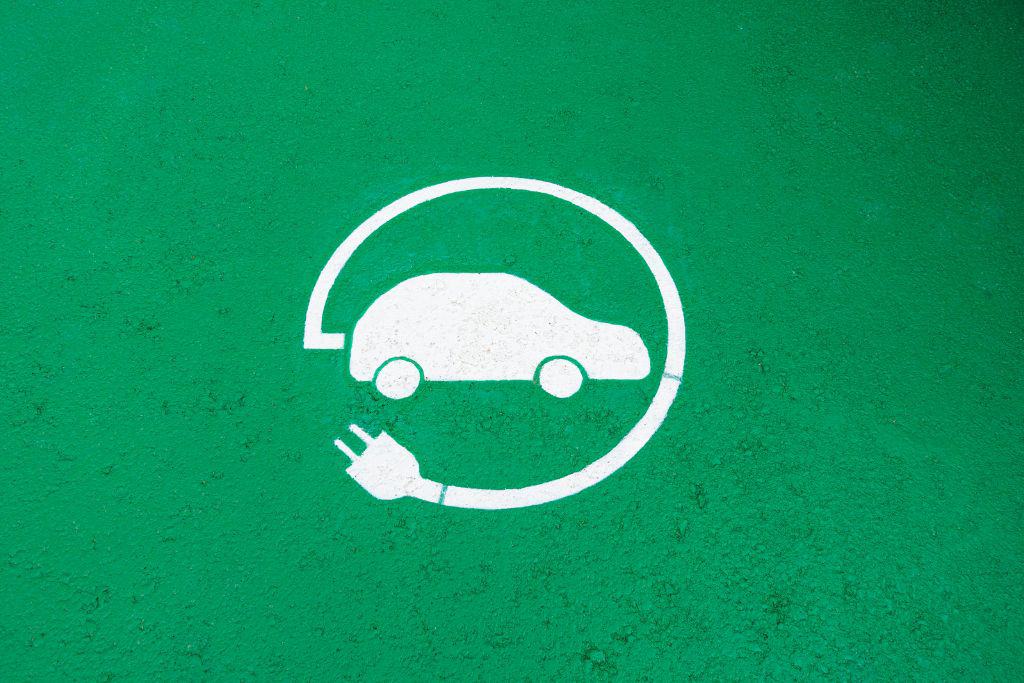Have you been tempted to buy an electric vehicle (EV)? Well you wouldn’t be the only one. For years now, millions of us have been drip fed the idea that owning an electric car is like stepping into the future of transportation. We’ve been repeatedly told about the benefits that it can have to the climate, as well as our local environment. However, it quickly became clear that these facts alone weren’t enough to persuade people to invest in such an expensive product. So other tactics were introduced in order to push people towards electric vehicles. One of them was road tax.
The idea is that the expensive initial purchase would soon be balanced with cheaper ‘tanks’ of fuel, smaller bills to keep up the condition of the car, and no road tax to pay. Road tax has been viewed in more recent years as ‘how pollutive is your vehicle’. Of course, EVs have zero emissions and therefore have a road tax price of £0.
As more and more electric vehicles come to market, of course there is a huge drop in the amount of money collected for road tax. This has led to some changes recently.
In November 2022, it was announced that electric vehicles will soon have a road tax introduced to them, just like all the other cars. However this isn’t expected to come into play until 1st April 2025. That being said, in a survey we recently conducted with 2000 car buyers, it was noted that 51 percent of people think the Government needs to scrap its plans for electric vehicle tax and low emissions zone charges. So there is a lot of pressure on the Government to come up with an alternative idea. 2025 is still a long way away, so you never know what could happen in the meantime.
How will road tax look in the future?
Currently, your road tax is calculated based on the CO2 emissions your vehicle releases into the atmosphere per kilometre. Not only that, but the type of fuel it uses. If you own a diesel car, you will certainly pay more in road tax than a petrol car, even if it releases the same amount of carbon emissions. That’s because the fuel is more harmful to the environment.
In the future, how will this look? Can you put an electric vehicle into this system knowing that it doesn’t make any carbon emissions at all? Well, that’s where a lot of the debate is. When the new system comes in in 2025, all newly registered electric vehicles will move into the band for the most eco-friendly petrol cars, which is just £10 for the first year.
Not so much to debate about that, we hear you say, but that’s just the first year. From the second year onwards, EV owners will pay the petrol-standard road tax price of £165. On top of this, they will also no longer be omitted from the expensive car supplement. This is an additional £310 per year for the first five years of ownership of the car. That means that in the first year, you could end up paying £320 for the car to be legally taxed. However, in the subsequent four years (at least) this could total a whopping £485. Going from £0 to nearly £485… that’s certainly something to make a fuss about.
Typically if you purchased an electric car, this wasn’t expected to be paid. You’d have gone from a significant investment in an EV, but with minimal extra costs. To pay a high price tag for an electric car, as well as be expected to pay £485 a year in road tax, plus insurance, seems problematic . It’s clear that as EVs become more common for drivers, they’re becoming slightly more expensive to own. That being said, their initial costs are reducing significantly year on year.
But what does this mean for all those cars that aren’t newly registered in 2025? What if your car was registered between 1st April 2017 and 31st March 2025? Well, the truth is, you’re thrown into the same boat – paying £165 a year in road tax. So it doesn’t matter whether you have an electric vehicle now or you plan to buy one in the future. As the current plans stand you will pay significantly more money on your annual car bills as of 2025.
Alternative fuel vehicles and hybrids are going to have their rates ‘equalised’, but it isn’t clear as to what that is. Zero emission vans will also start matching the light petrol and diesel good vehicles rate. So ultimately, there is no escape. The only question left is, will this put you off buying an electric vehicle or will you take the plunge regardless?
If you’re looking to buy an electric car with car finance, please contact the team at ChooseMyCar. Even if you have no deposit or have bad credit, we can help you secure your next car.






